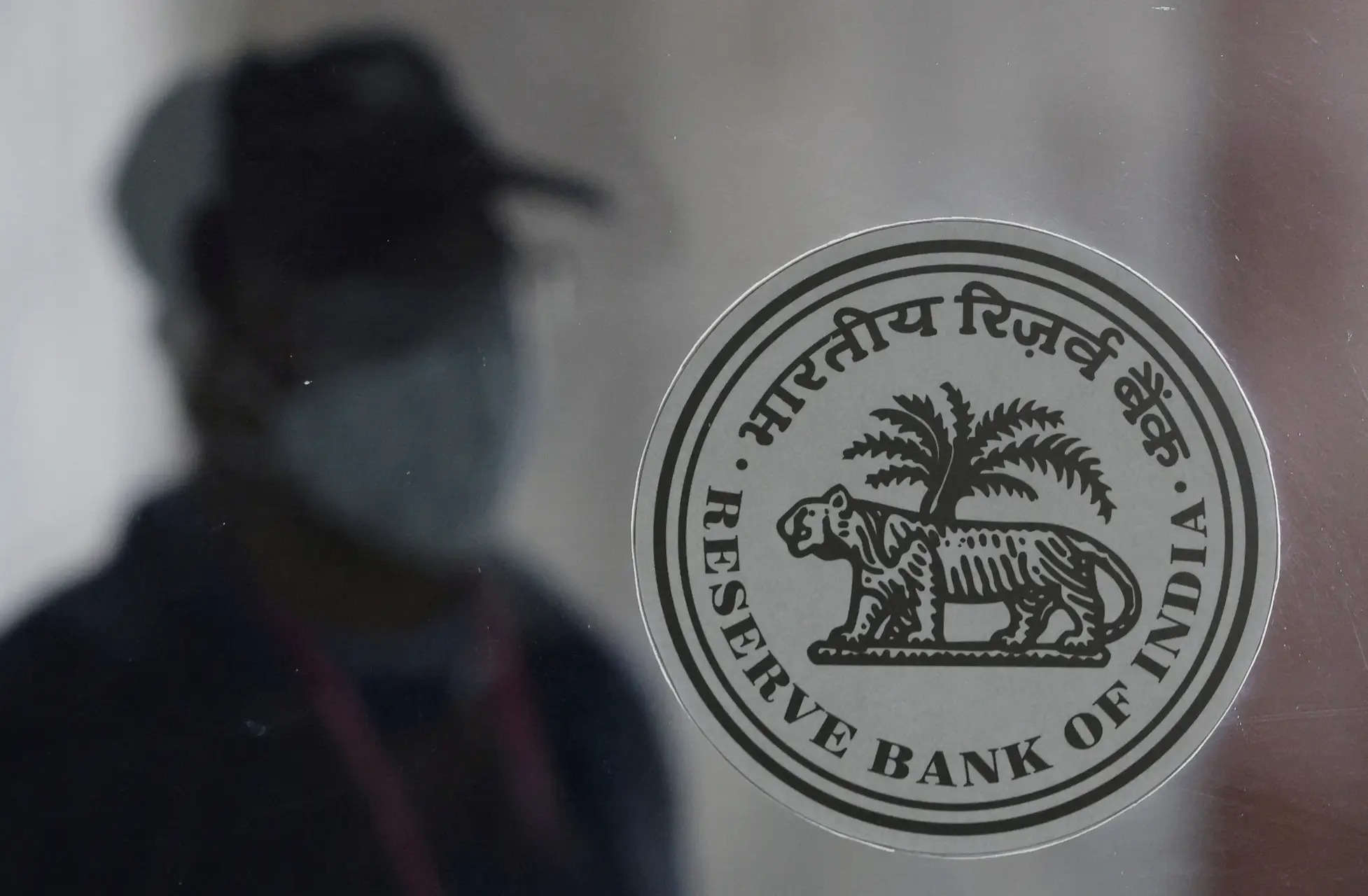[ad_1]
The Reserve Bank of India would be able to tap its large foreign exchange reserves to defend the domestic currency in the event of global market volatility and an outflow of foreign funds, the sources said. They spoke on condition of anonymity because of the sensitivity of the matter.
“The reserves have been built up to take care of excessive volatility. If there are sharp outflows, RBI will step in to manage it, as it has been doing,” one of the sources said.
The RBI did not reply to an email requesting comment.
The sources also warned that any steep rise in U.S. tariffs towards China could trigger knock-on effects in India and other emerging economies, including imported inflation and fallout from China’s policy responses that could affect India’s monetary policy.
Republican candidate Donald Trump and his Democratic opponent, Vice President Kamala Harris, are effectively tied going into the Nov. 5 election, according to the latest Reuters/Ipsos poll published on Tuesday. Trump has vowed to impose 60% duties on imports from China. The U.S. treasury yield has risen about 50 basis points this month and the dollar index strengthened 3.3% as election day approaches. There has been a record outflow of more than $10 billion in foreign funds from India stocks, while foreigners pulled $700 million from the debt market. The rupee has hit a series of record lows this month, prompting central bank intervention, although it has been one of the least volatile major Asian currencies, holding to a narrow range of 83.79-84.09 per dollar.
India’s foreign exchange reserves dropped for a third week to $688.27 billion as of Oct. 18, their lowest in more than a month, the latest RBI data showed, although they remain the world’s fourth-largest, sufficient to cover its entire level of external debt and nearly a year of imports.
The RBI is also closely monitoring the prospects for new tariffs that the next U.S. administration might impose on imported goods, as this could fuel a fresh round of U.S. inflation that indirectly affects emerging market economies, the second source said.
“If there’s imported inflation pressures, then monetary policy will remain in a restrictive mode for longer,” the source added.
India’s retail inflation accelerated in September to its highest in nine months. The RBI has held rates steady for 10 straight meetings but changed its stance to “neutral” from “withdrawal of accommodation” in October. Central bank officials have not committed to or signalled any timing for a rate cut.
The sources said the central bank will be watching how post-election developments play out for China, which is considering more than 10 trillion yuan ($1.4 trillion) in extra debt issuance in the next few years to revive its fragile economy.
China’s stimulus efforts, which could intensify if U.S. tariffs further hurt its economy, have been a factor driving foreign funds out of India and other emerging markets into China.
“At the current time, we are actually bleeding to China, all EMs are losing money to China, so if Trump wins, a new source of spillover will be created,” the second source said.
[ad_2]
Source link



